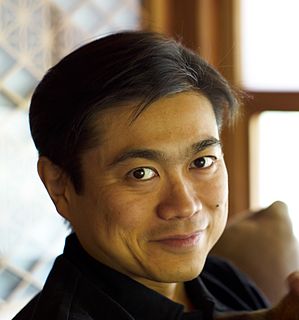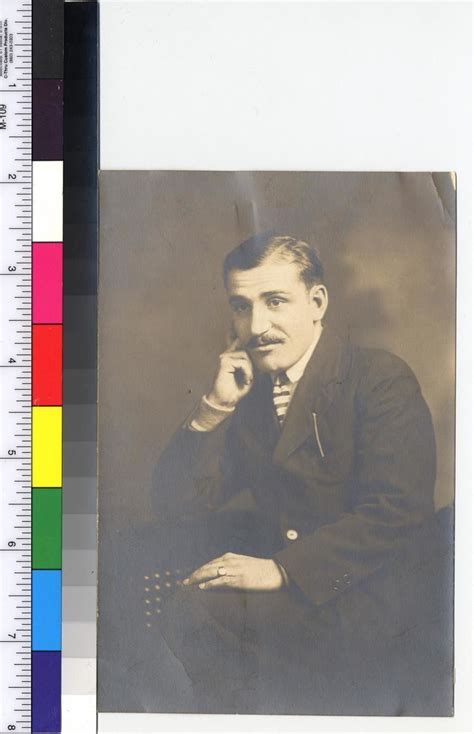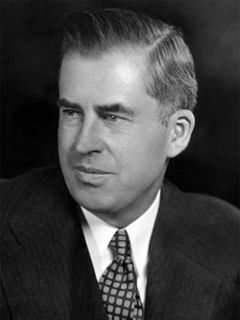A Quote by Joichi Ito
I talked about the barriers created by monopolies. I said that it was the role of government to break up these monopolies and that we couldn't do it alone.
Quote Topics
Related Quotes
The "health, education, and welfare" section of government is another boondoggle. First we manufacture indigent and superfluous people by legal monopolies in land, money and idea patents, erecting tariff barriers to protect monopolies from foreign competition, and taxing laborers to subsidize rich farmers and privileged manufacturers. Then we create "social workers, " etc., to care for them and thereby establish a self-aggravating and permanent institutionalized phenomenon.
The problems that exist on Wall Street today go to the center of a debate in this country about wealth and democracy. We cannot keep our democracy if those who are in charge of handling the engines of our economy are not honest with their shareholders. That's why there is a role for government regulation here. That role for government is breaking up the monopolies, insisting on public disclosure, insisting on public audits, insisting on restitution whenever someone has been cheated.


































